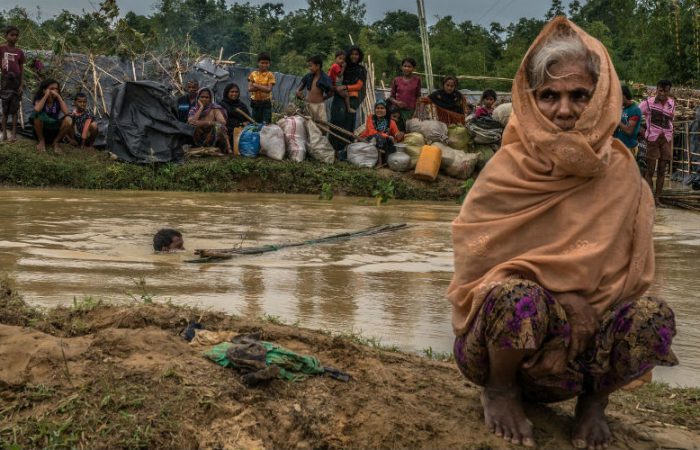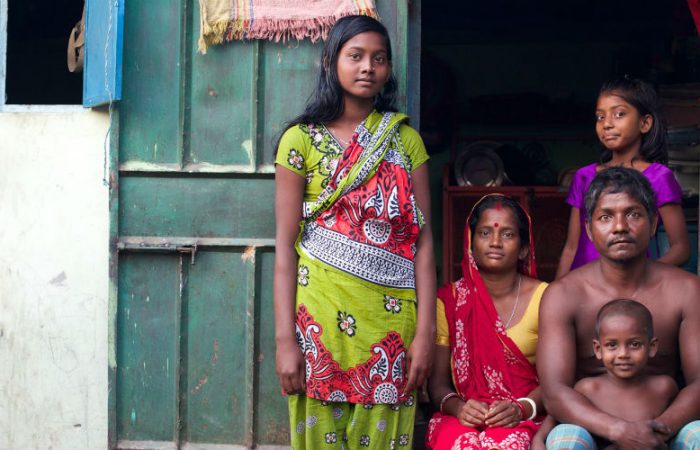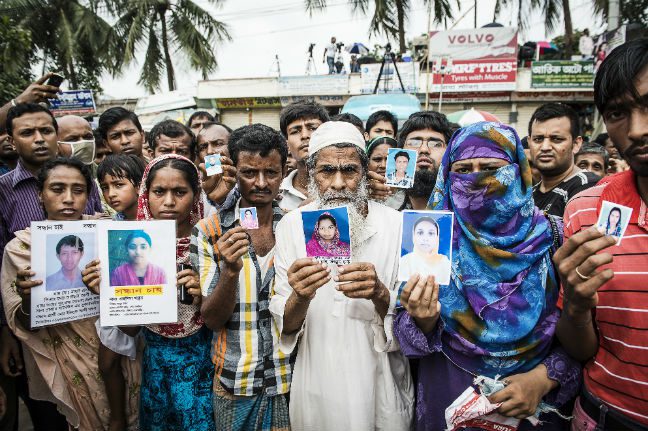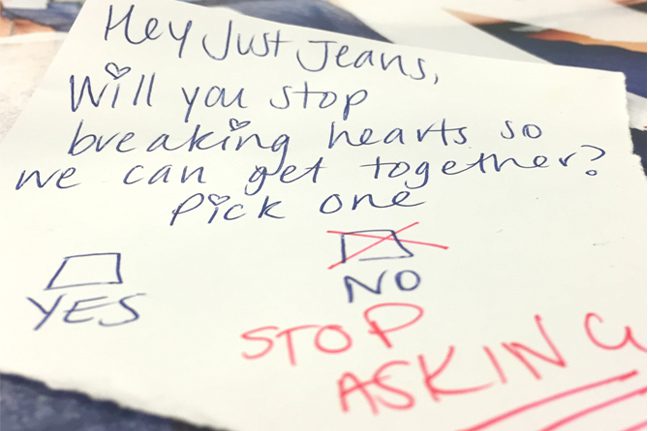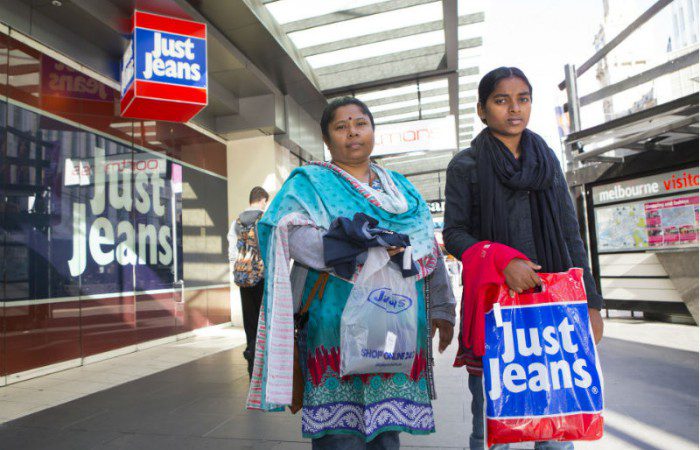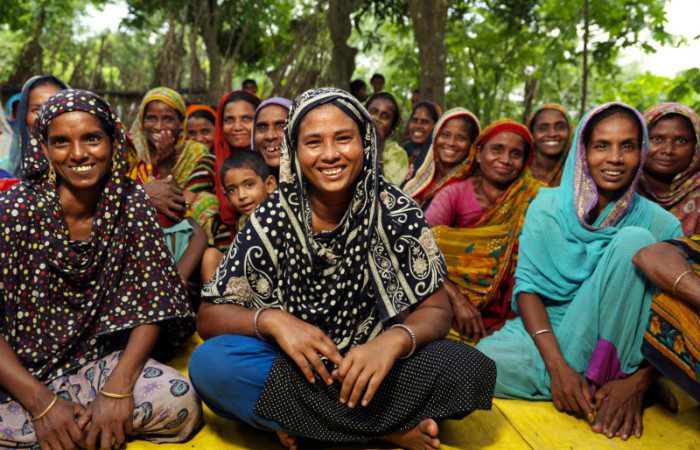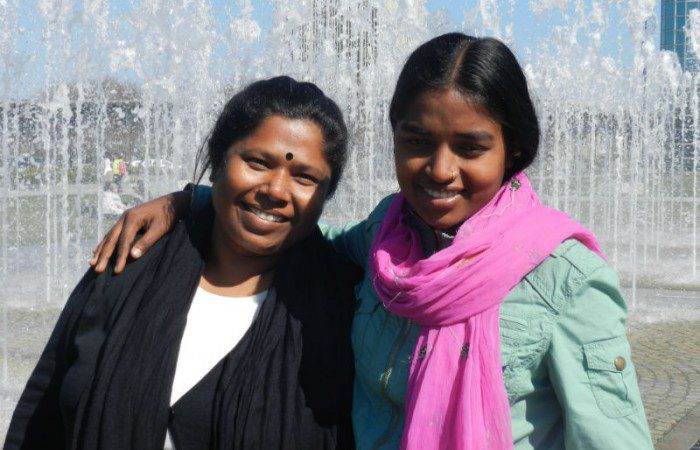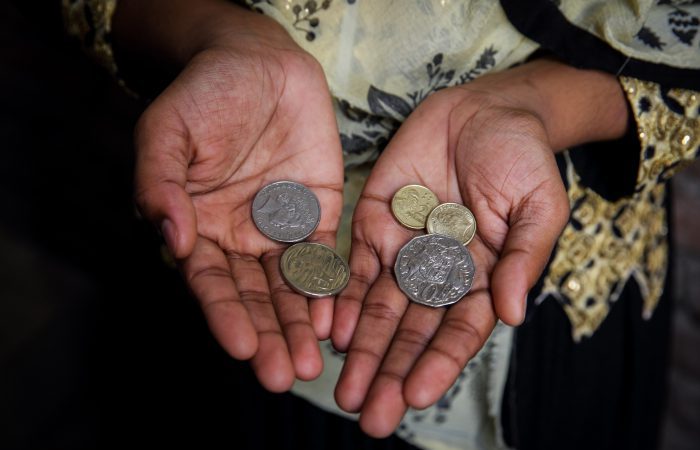
The shameful truth behind the clothes we love
Oxfam has just released research that exposes the shameful truth – a tiny portion of the retail price of clothing goes to the women who make them. During a trip to Bangladesh, Helen Szoke visited the homes of women and describes what she found.
